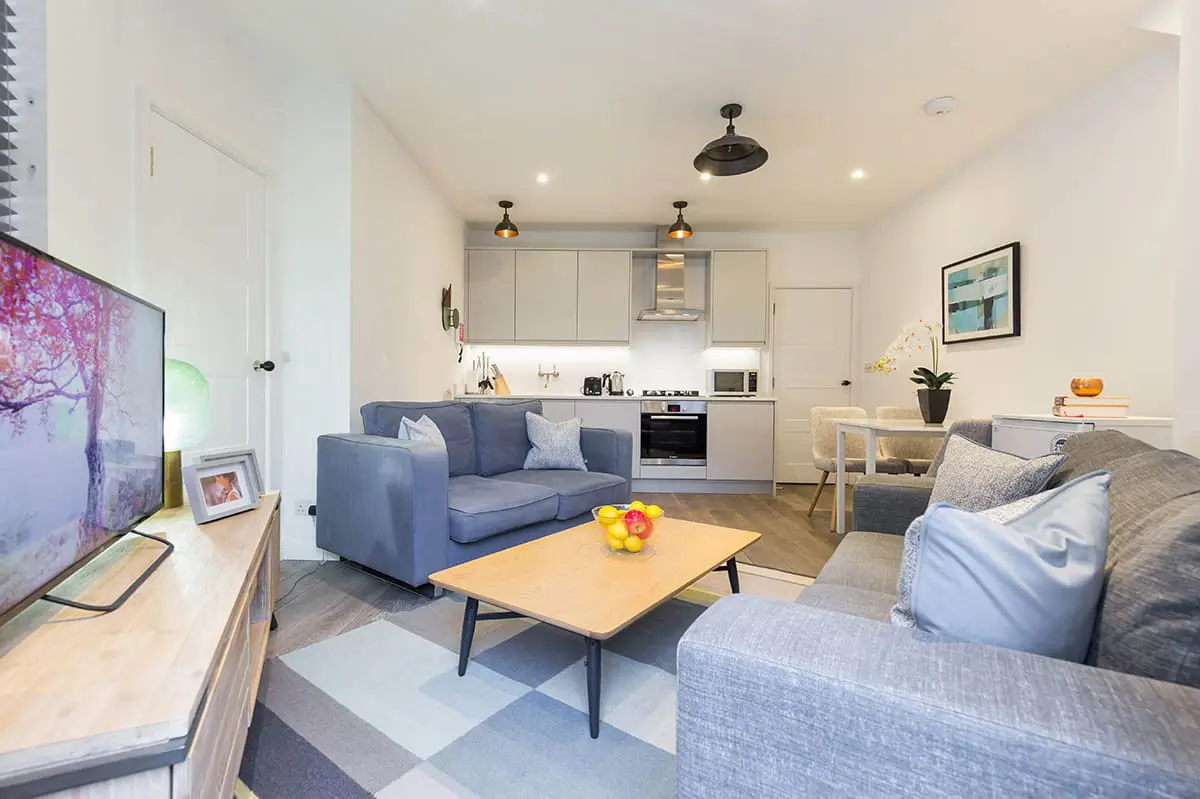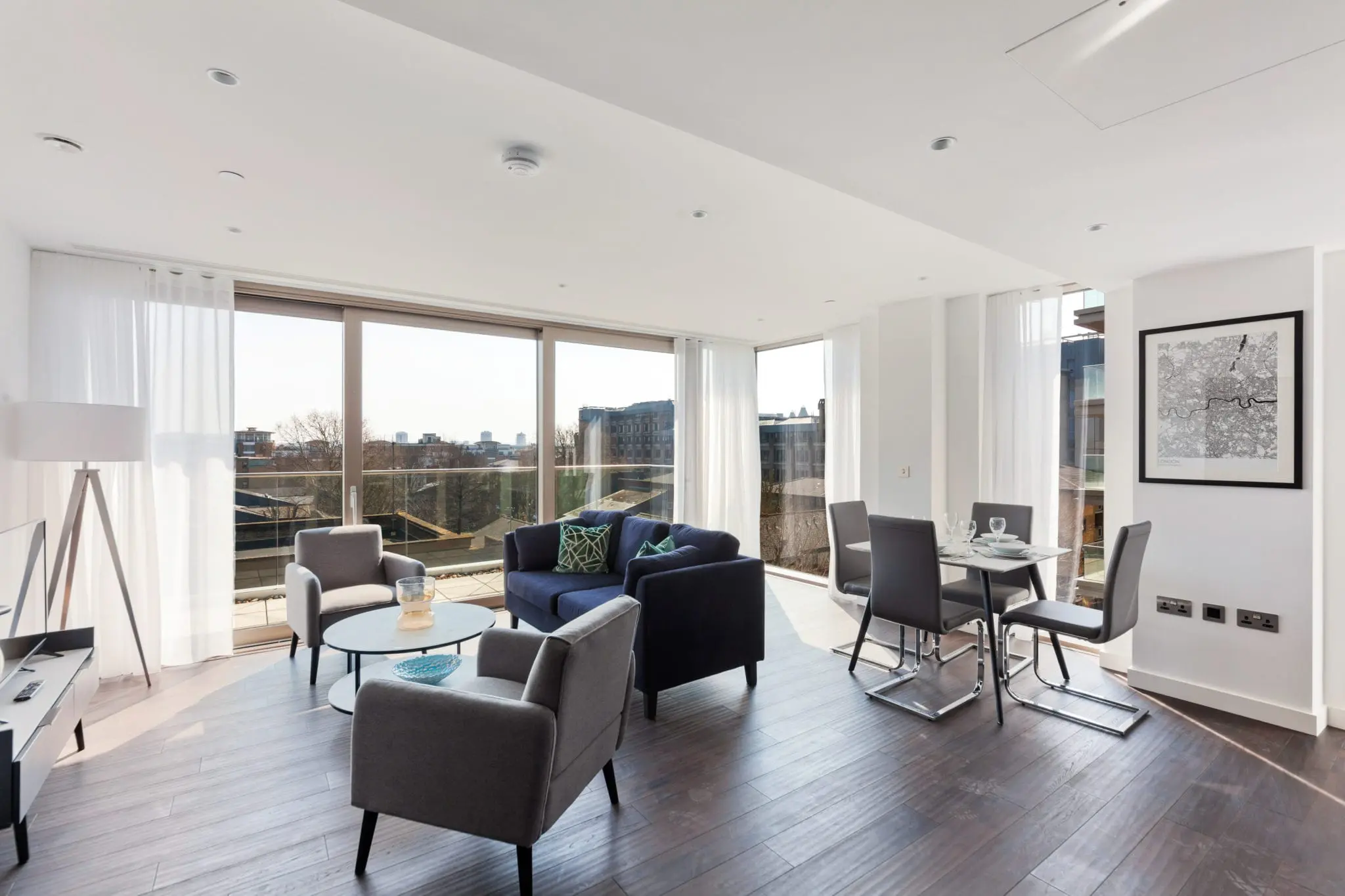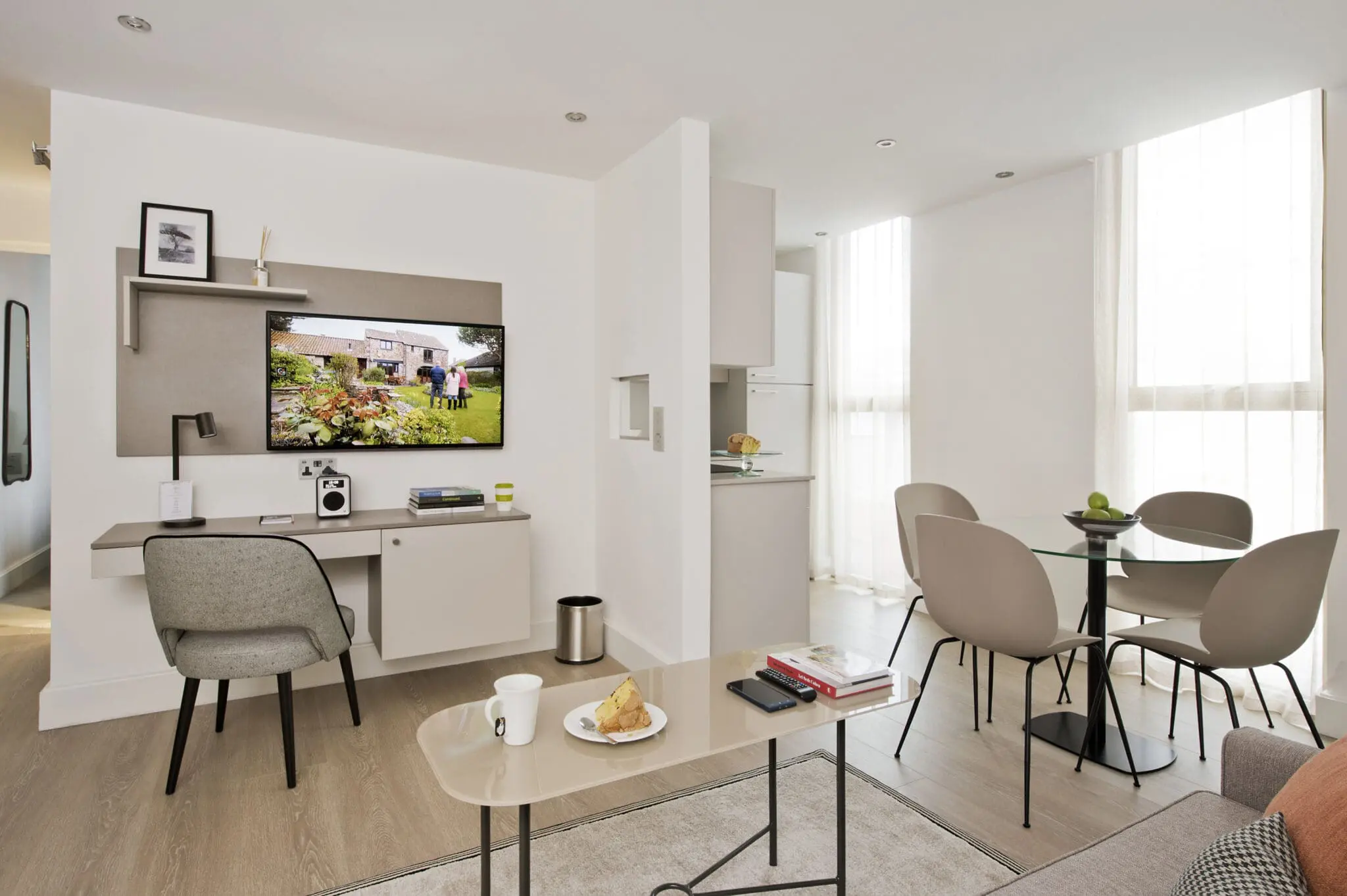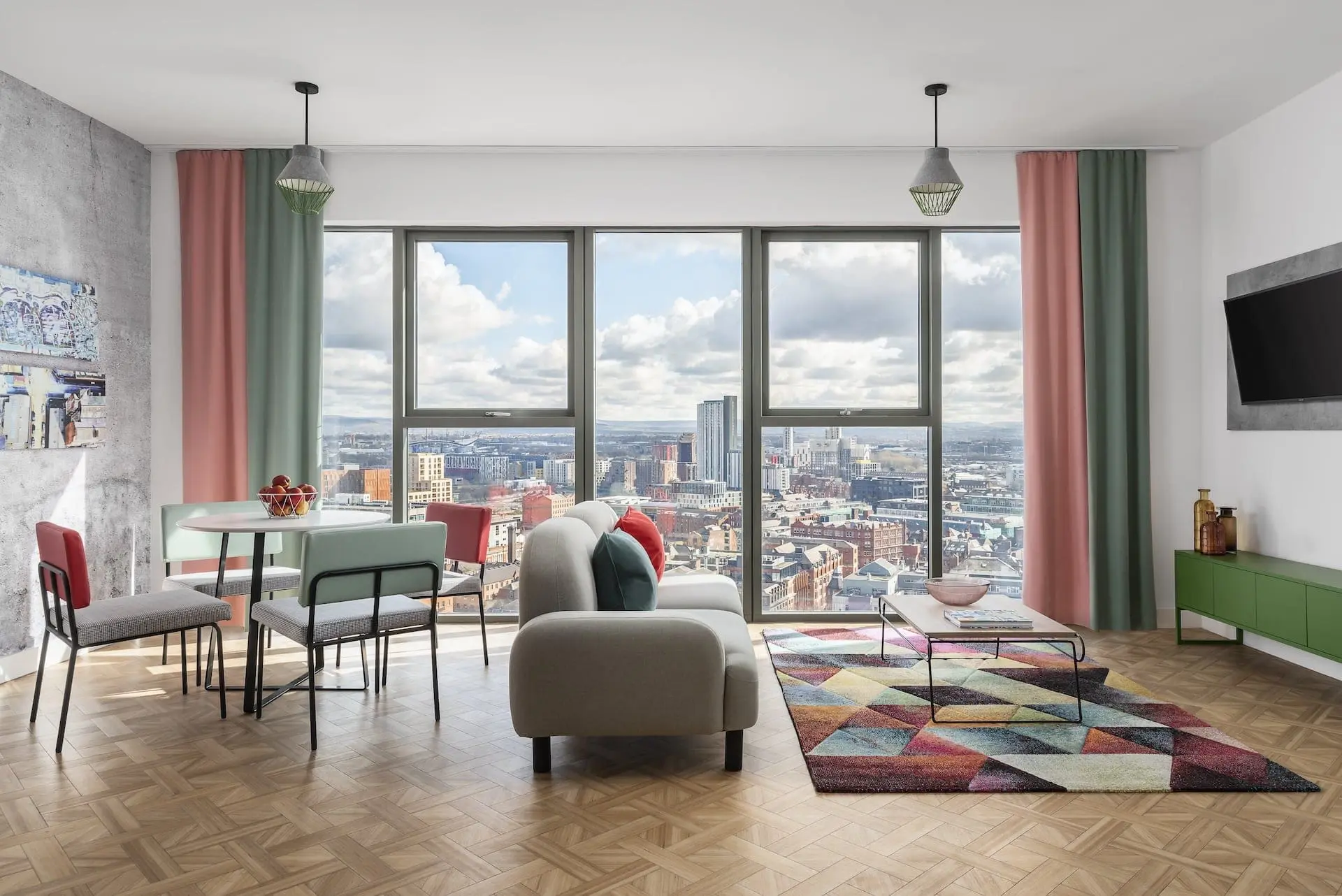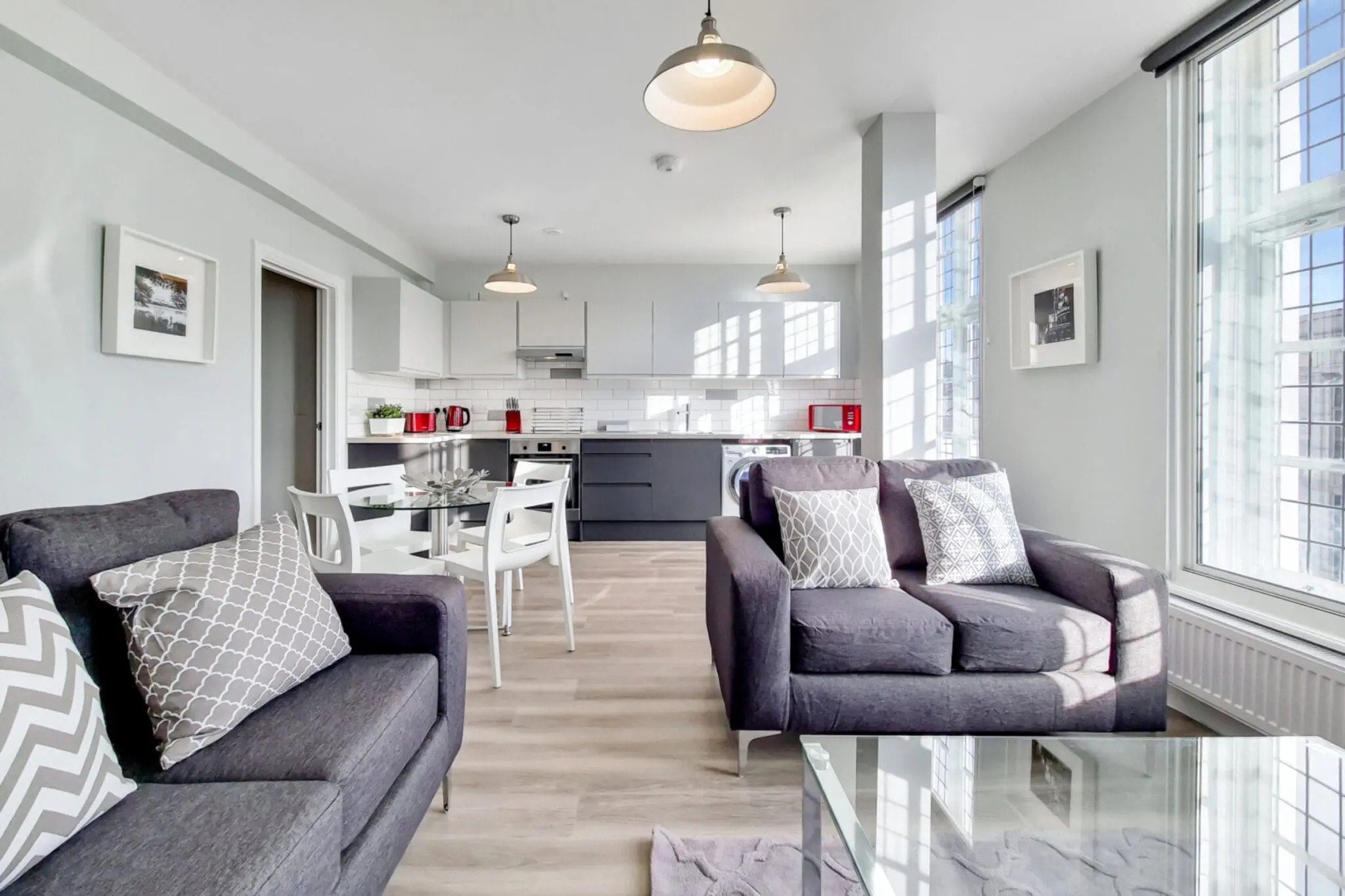If your company books serviced accommodation or corporate housing ad-hoc through different websites or lets travellers hunt for the “cheapest” nightly rate, you’re leaving money on the table. Corporate rates — negotiated prices and contracted benefits for businesses — can cut accommodation spend dramatically, reduce hidden costs, and improve traveller satisfaction.
Below we will show you how to get corporate rates, how to benchmark them, how to make sure colleagues don’t book higher rates, which inclusions to pay for, and the trade-offs between cheaper accommodation types.

Why corporate rates matter
- Lower base rates through volume/guaranteed business.
- Predictable total cost because many extras (cleaning, utilities, Wi-Fi) can be included.
- Better terms: flexible cancellations, easy billing, consolidated invoicing, 24 hour support.
- Improved traveller experience — less admin, quicker check-ins, consistent quality.
1) How do you achieve corporate rates?
1.1 Choose the right contracting route
- Direct contracts with serviced apartment providers — best for repeat stays in a city with one of two suppliers. Negotiate a rate card with seasonal caps, blackout rules, and volume bands (e.g., 1–10 nights, 11–30 nights, 30+ nights).
- Preferred supplier agreements (PSA) — this works for a set of suppliers that become the go-to for bookings, however it can can become difficult to coordinate if each supplier has their own terms, limited inventory (availability issues) and different teams to contact should any issues arise.
- Use a Serviced Apartment Agency like Checkin Apartments or a corporate booking platform — this is the easiest solution giving you the widest choice. You have a trusted expert on your side, just one point of contact, in charge of the vetting process, booking confirmations, streamlining invoicing, negotiating better net rates wherever your travellers need to be.
1.2 Negotiation levers you can use
- Volume commitments (monthly or yearly room nights).
- Minimum stay guarantees (offer a base occupancy).
- Rate floors vs. rate ceilings (protects provider revenue while giving you predictability).
- Advance commitment (book X months in advance for lower rates).
- Payment terms (consolidated monthly invoice vs. prepayment can reduce admin).
- Value add trade — free or discounted early check-in, welcome packs, or free parking.
1.3 What to include in a corporate rate contract
- Rate tiers (by length of stay / unit type / season).
- Cancellation policy & penalties.
- Blackout dates and how far ahead these are published.
- Included items/services (bills, Wi-Fi, cleaning frequency).
- Reporting cadence (monthly usage, spend, performance).
- Rate parity / exclusivity clauses (if any).
- Key performance indicators (availability, customer satisfaction).
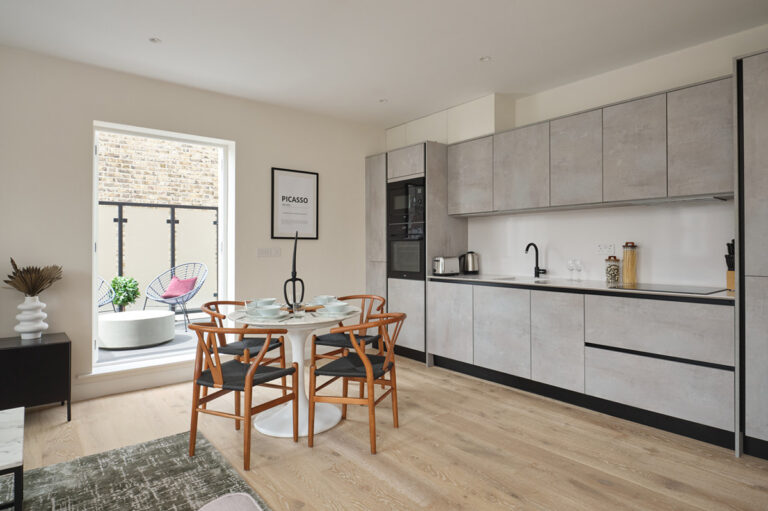
2) How to benchmark corporate rates (so you know you’re getting a good deal)
Benchmarking is about comparing total cost of stay (TCS), not just headline nightly rates.
2.1 Gather comparable data
- Collect rates for the same dates and unit types from:
- Supplier contract rates
- OTAs (booking.com, Expedia, etc.)
- Aparthotel chains / direct websites
- TMC or corporate channel rates
2.2 Build a minimal benchmarking spreadsheet
Columns to include:
- Supplier / channel
- Unit type (studio / 1-bed / 2-bed)
- Nightly rate (base)
- Taxes & fees (explicit)
- Cleaning fee (one-off)
- Utilities included? (Yes/No → estimated £ per night if not)
- Internet included? (Yes/No)
- Parking (Yes / Price per night)
- Discount / corporate rate applied? (Yes/No)
- Total cost for the intended stay = (nightly rate × nights) + cleaning + parking + estimated utilities + taxes
2.3 Key benchmarking KPIs
- Average rate per night (by city, by month).
- Average cost per occupant (for multi-bed units).
- Cost per night including extras (your primary TCS metric).
- % savings vs. public OTA ([(OTA TCS − Corporate TCS)/OTA TCS] × 100).
2.4 Repeat and monitor
Set a cadence (monthly or quarterly) to refresh comparisons and track trends by city and supplier. As serviced apartment specialists we can provide you with tailormade benchmarking reports that specifically monitor the locations your travellers are booking.

3) How to stop travellers booking higher rates (and actually use your corporate rates)
Negotiation only saves money if people use the rates.
3.1 Make the corporate rate easier to use than consumer options
- Use a single, company-branded booking website or portal with your negotiated rates first-in-search.
- Integrate rates into your travel policy and make non-compliant bookings require pre-approval.
- Ensure popular preferences like neighbourhoods most booked, size of units and amenities most desired are included in the options. If your travellers, prefer to stay centrally and the only options are a long commute from the city centre, they are likely to seek alternatives.
3.2 Communication & education
- Send a clear rate card PDF showing typical costs for common cities and unit types.
- Create a one-page “How to book” and circulate it widely — include step-by-step screenshots.
- Offer a short internal training or recorded demo for frequent bookers and PAs.
3.3 Enforce via policy and tech
- Configure your expense policy to flag non-contract stays automatically for review.
- Use corporate card controls to route bookings through approved channels.
- Provide a fast alternative: if the corporate rate is unavailable, a simple approval workflow to book an exception (keeps control, reduces rogue spend).
Checkin Apartments can assist with getting bookers and travellers across the organisation to buy in to the negotiated corporate rates – from creating a branded website with company-approved options, hosting training meetings, to site inspections and more.
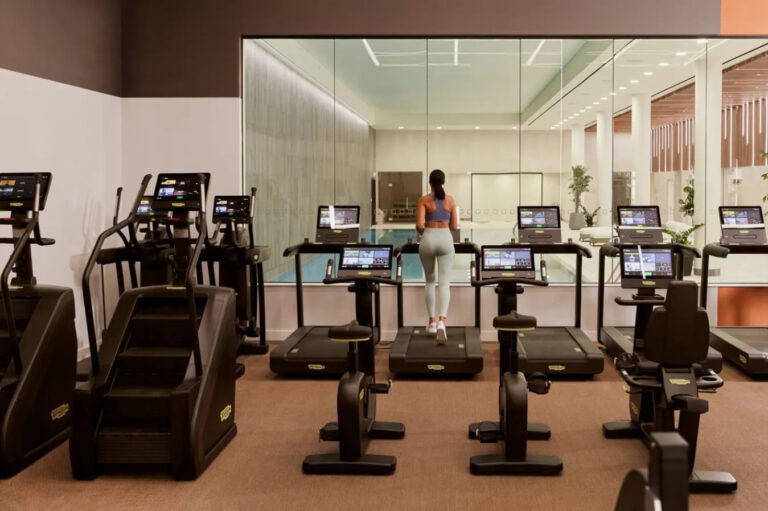
4) What inclusions cost more — and which are worth paying for
Not all “extras” are wasteful; many reduce hidden admin and traveller friction.
Inclusions that usually increase price but are worth it
- High-speed, reliable Wi-Fi — essential for productivity; cheap Wi-Fi costs more in lost time.
- Weekly cleaning & linen changes — improves wellbeing and reduces replacements / complaints.
- Utilities included — avoids variable billing surprises and simplifies reimbursement.
- Flexible check-in / late arrival service — saves staff time chasing arrival windows.
- Welcome kit / essentials — reduces immediate out-of-pocket buys (kettle, basic groceries).
- Secure onsite parking — saves time and reduces risk for travellers with company vehicles.
- 24/7 support / emergency contact — critical for relocations and afterhours issues.
- Concierge or local area info — cuts time for travellers settling in.
Inclusions to evaluate case-by-case
- Gym / pool access — nice for longer stays and wellbeing but not essential for short trips.
- Breakfast — can be worth it for teams, but sometimes cheaper for individuals to buy locally.
- Daily housekeeping — unnecessary for most business stays; weekly is usually fine.
Rule of thumb: Pay for inclusions that reduce admin, traveller downtime, or out-of-pocket expenses. Those produce real ROI.
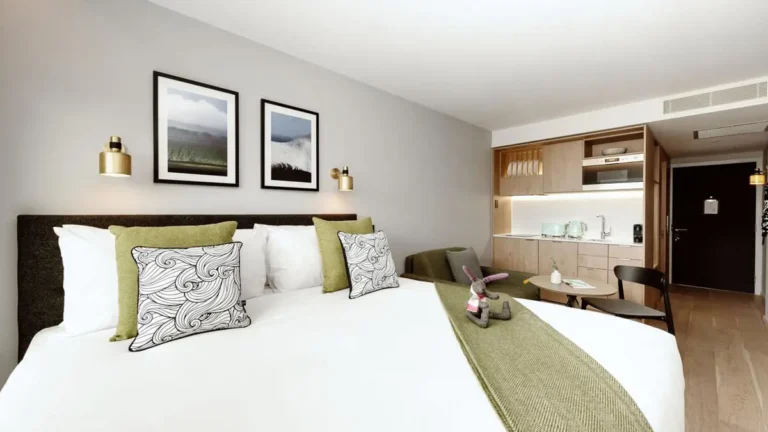
5) Types of accommodation that cost less — and their hidden costs and drawbacks
5.1 Cheaper options
- Studio aparthotels — lower nightly rates, compact space.
- Residence-style serviced apartments — functional, fewer frills.
- Suburban neighbourhoods — lower rent but further from city centre.
- Unmanaged private lets (short-term landlord listings) — sometimes cheapest on night rate.
5.2 Hidden costs to watch
- Furnishing & setup (for company-leased apartments): beds, desks, kettles, crockery. These are one-off or amortised costs.
- Utility bills if not included — heating in winter can spike costs.
- Council tax / local taxes for longer stays.
- Cleaning and laundry fees if not included.
- Security deposits or admin fees charged by private landlords.
- Travel time & transport costs if the cheaper place is further out — time = money.
- Service & support: unmanaged properties often mean more staff intervention (phone calls, emergency fixes). That adds indirect cost.
5.3 When cheaper equals more expensive
A cheap nightly rate in a poorly equipped flat can cost more if travellers need to buy a desk, pay extra for Internet upgrades, or spend hours commuting. For business travellers, a slightly higher nightly tariff with reliable Wi-Fi, a proper workspace, and included utilities tends to be lower total cost.
Talk to us today about Corporate Rates for your Serviced Apartment stays.
Corporate rates aren’t just about a cheaper nightly cost — they’re about predictable total costs, fewer surprise bills, happier travellers, and simpler finance processes. The real savings come when negotiated rates are adopted by your people, benchmarked, and regularly monitored. Start with your top cities and suppliers, make booking the corporate option easier than the consumer option, and focus on the inclusions that save time and reduce headaches (fast Wi-Fi, utilities, cleaning, and 24/7 support).
Save time by leaving it to our experts to create the most cost-effective and sustainable serviced apartment programme for your travellers and business needs.
